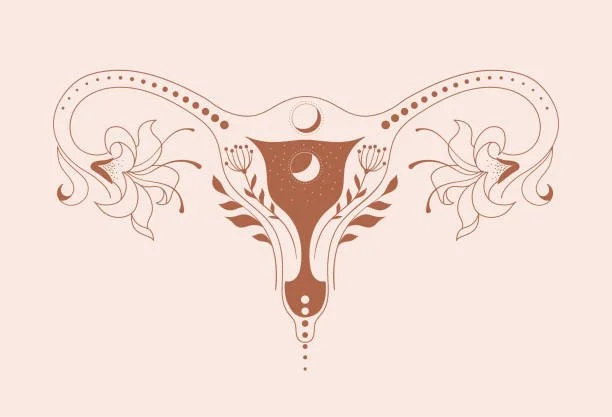Why Pelvic Floor Awareness is Overlooked in Postpartum Care for Many Women
As women, our bodies will naturally transform with age, unexpected life events, and during pregnancy and childbirth. We will experience a diverse array of reproductive challenges, ranging from menstruation, pregnancy, unexpected postpartum symptoms, and menopause. This may include fluctuations in weight gain, pelvic pain, hormonal changes, menstrual irregularities, infertility, hot flashes, night sweats, and you guessed it pelvic floor dysfunction. However, only until recently, have women began openly discussing their pelvic floor symptoms, ridding the embarrassment and historical stigma related to topics such as urinary incontinence, pelvic organ prolapse, or even pelvic pain with intercourse.
For generations, postpartum care has been overlooked by outdated medical practices, with a focus solely on the newborn baby. The physical and emotional well-being of mothers was being chalked up to postpartum blues or depressive/anxiety disorders, leaving new mothers to feel sidelined and alone. Perhaps one of the biggest problems associated with the lack of emphasis on maternal health, was that new moms were perceiving their symptoms as normal, dismissing pelvic floor dysfunction, and putting the needs of others before their own. Unfortunately, this is still a norm for some women and if you find yourself in this boat, I urge you to seek the proper care; discuss your concerns with your healthcare provider, reach out to support groups in your area, book a telehealth appointment, or utilize some of the online resources I’ve linked below.
Within the last decade (or two) the tides have turned, and we’ve noticed an increase in services available for women's health and wellness. Specifically postpartum care is gaining traction with raised awareness surrounding comprehensive pre/postnatal care, including access to routine maternal wellness checks, postpartum pelvic floor rehabilitation, prenatal and postpartum exercise groups, and an array of accessible online resources to improve the physical and emotional well-being of new mothers. Of course, there are still challenges and disparities within our healthcare systems, however with increased awareness and self-advocacy, we will continue to underline the importance of the ongoing efforts to advance women's health worldwide.
I hope this has inspired you to find your voice; gone are the days of suffering in silence!
Thank you!
Cass
